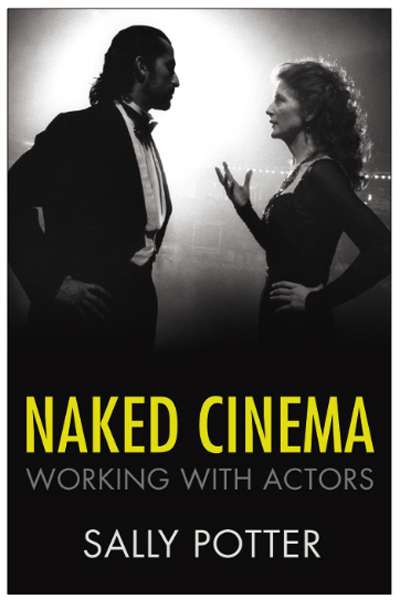Film Studies
To complement James McNamara’s article we invited a number of cultural commentators and film and television professionals to nominate their favourite television drama series. ... (read more)
The Sopranos: Born under a bad sign by Franco Ricci
by James McNamara •
The Selected Letters of Elia Kazan edited by Albert J. Devlin with Marlene J. Devlin
by Eloise Ross •
The Little Girl who Fought the Great Depression: Shirley Temple and 1930s America by John F. Kasson
by Desley Deacon •
Forbidden Music by Michael Haas & Hollywood and Hitler by Thomas Doherty
by Michael Morley •
U nder the Skin is adapted from Michael Faber’s eponymous speculative fiction novel (2000) in which an alien disguised as an attractive woman hunts hitchhikers in the Scottish highlands. Once she has determined that a man is appropriate prey, she drugs him and delivers him to a subterranean abattoir hidden beneath a farm where, in a disturbing allegorisatio ...







